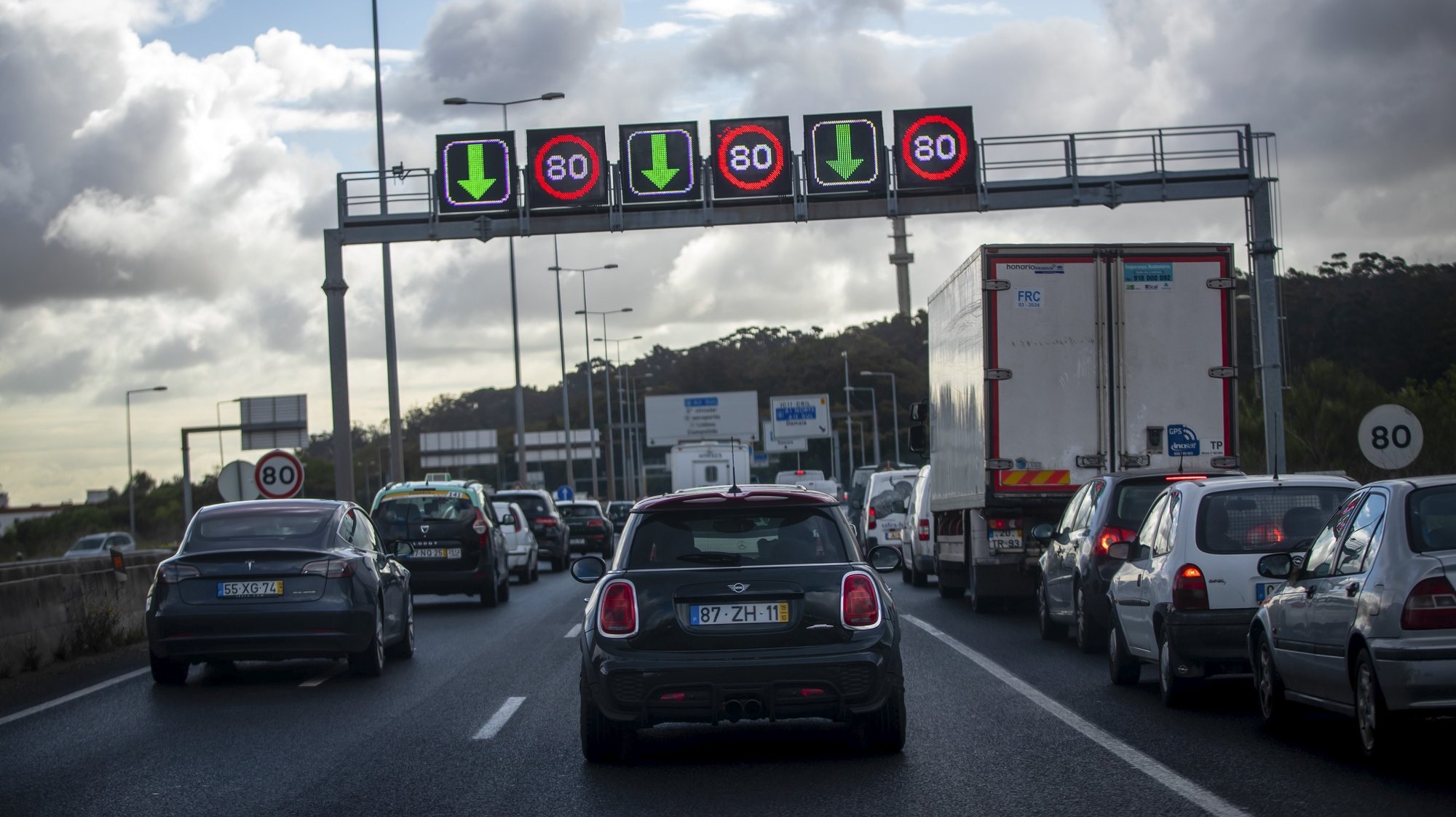Greenhouse gas (GHG) emissions are falling but at a slow pace, warns the environmental association Zero, which highlights rising emissions in the transport and agriculture sectors.
In an analysis of the latest available data on GHG emissions, corresponding to 2021 and communicated by Portugal to the United Nations, Zero regrets that the transport sector is “against the grain”, that emissions in agriculture are “persistently high” and that the emissions of fluorinated gases (for refrigeration) are still twice the European values.
According to figures from the Portuguese Environment Agency (APA), GHG emissions in 2021, without considering changes in land use and forestry (which include emissions from fires, for example), totaled 56.5 million tons of carbon dioxide equivalent (CO2e), which represents a reduction of around 2.8% compared to 2020 and 34.8% compared to 2005.
Considering the forest component and land use, the value of emissions was 50.5 million tons, a reduction of 5.5% compared to 2020 and 44% compared to 2005.
“This means that, since 2005, emissions have been declining at an average rate of around 2.6% per year, which is less than necessary. It should be remembered that, by virtue of the Climate Framework Law, Portugal must reduce its emissions by at least 55% by 2030 compared to 2005, reaching that year with no more than 38.5 million tons of CO2e”, he highlights. Zero in a statement.
This means, says the association, that emissions from 2021-2030 will have to decrease on average by at least 04% per year, at a higher rate than up to now. And it warns Zero that it has to start decarbonising now in the most difficult sectors, because the easiest part of decarbonisation has already been done: the 2021 reduction was mainly due to the 22.2% decrease in emissions in production of electricity, with the aim of coal-fired power plants. power plants and increased production of renewable energy.
The transport sector, Zero points out, is one of the problems, representing 28.2% of GHG emissions in 2021, compared to 25.8% in 2020. It emits more than the energy sector (15%) or agriculture (13%).
The biggest contributor to the problem is automobiles. Portugal and Lithuania are leaders in car use, a consequence of the lack of investment in the rail network and efficient public transport.
Public transport combined with fluid mobility and limiting the entry of cars into cities, because public transport will never keep timetables on streets packed with cars, bike paths and trains are the solution, he says, noting that the Air pollution prematurely kills about 6,000 Portuguese per year. .
Zero also points out that emissions from agriculture have increased by 04% since 2005, mainly due to the livestock sector and especially due to the substantial increase in cattle and pigs.
The situation is also less good with regard to the emission of fluorinated gases, used in particular in refrigeration systems, with Cero noting that emissions in Portugal represent more than double the European average. And that these gases are hundreds of thousands of times worse than CO2.
Sulfur hexafluoride, a fluorinated gas, has a global warming potential thousands of times greater than CO2 and lasts for a thousand years, the association exemplifies.
Zero recalls that only a small part of the waste from electrical and electronic equipment is collected for recycling and that most of the refrigeration, air conditioning and similar equipment that is collected arrives without the components that would contain these gases, which will already have been released into the atmosphere.
Source: Observadora
